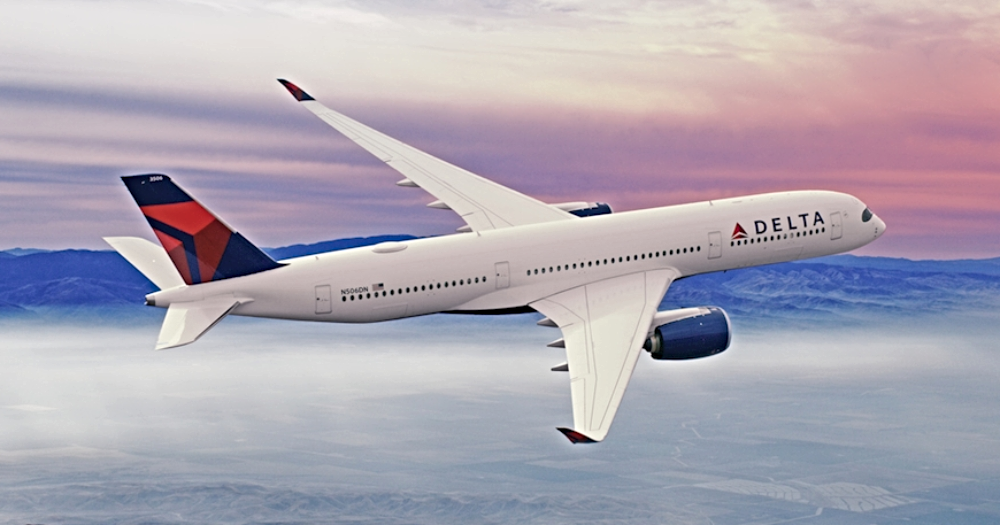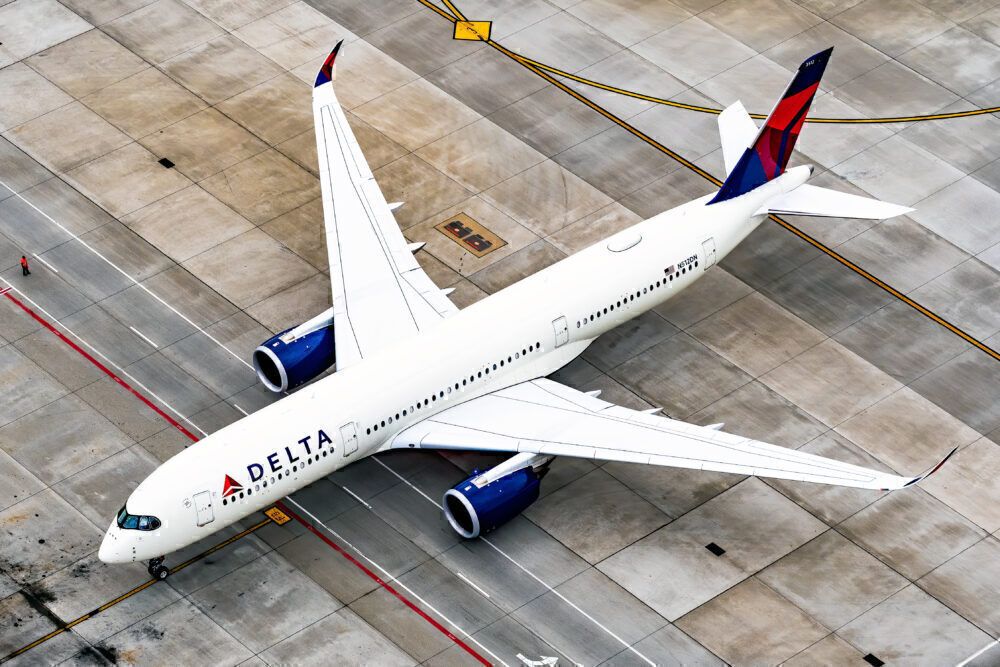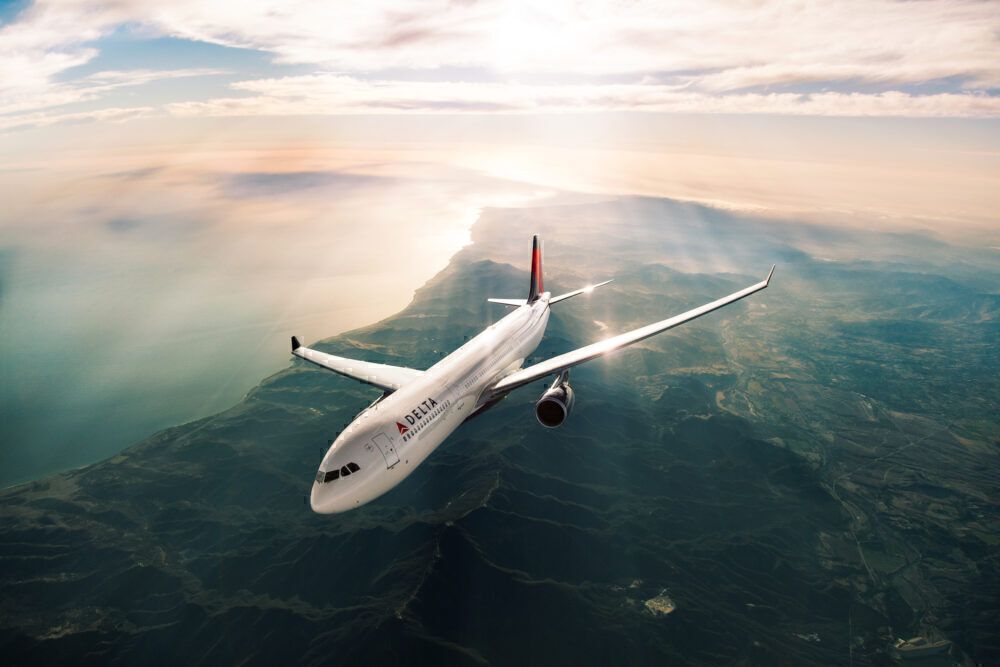With employment in the airline industry so precarious at present, pension plans and entitlements after leaving the industry have never been so important. But it's a responsibility most airlines take very seriously. This year, one airline is going above and beyond. Despite significantly smaller than usual revenues, Delta Air Line is voluntarily topping up its employee plans by half a billion dollars.
Delta puts $1.5 billion into pension plans over three years
Delta sponsors defined benefit pension plans for eligible employees and retirees. According to its recent SEC filing, the airline had no minimum funding requirements in 2019 or 2020. There are also no minimum funding requirements in 2021. Based on Delta's current projections, the airline does not expect any minimum required contributions until 2025.
Stay informed: Sign up for our daily aviation news digest.
However, in 2019, Delta voluntarily tipped US$1 billion into pension plans. Last year, because of the cash crunch, Delta only put $49 million in. However, in 2021, Delta plans to upsize that figure and voluntarily put significantly more money into their employee's pension plans.
"We plan to contribute at least $500 million to these plans in 2021," says a note buried in Delta's recent financial filings with the SEC.
Involuntary furloughs avoid, but 2020 not without pain for Delta's workforce
At the end of 2020, Delta had 72,000 United States-based employees on its books. Downsizing the airline's payroll to that number cost Delta $3.4 billion last year. Despite this, the airline is indisputably proud of avoiding involuntary furloughs in 2020.
"We believe that Delta people are our strongest competitive advantage, and the high-quality service that they provide sets us apart from other airlines," says Delta in its SEC filing.
However, last year was not without pain for its workforce. Delta says approximately 50,000 of its employees have taken or have elected to take voluntary leaves at various times during 2020 and, for those taking leaves up to 12 months, continuing through 2021. Approximately 18,000 employees have taken early retirement and voluntary separation programs. That reduced Delta's workforce by about 20%. For most of 2020, there was a 25% reduction in work hours for all other management and most front-line employee workgroups. Over that same time, executives took a 50% salary reduction. Ed Bastian, Delta's CEO, took a 100% salary cut.
Payroll support looks likely to continue until the fall
The airline received US$5.6 billion in April last year through the CARES Act payroll support
program. That was boosted by a further $2.9 billion in payroll support payments in the current second round of assistance. The United States House of Representatives Financial Services Committee recently voted to extend payroll assistance through to September 30.
Legislation to pass the $14 billion support package should pass by the end of February. It's the best news not just for Delta's workforce, but for workers throughout the airline industry in the United States. When the current round of payroll support ran out in March, airlines were warning as many as 50,000 jobs could go. However, before the third round of funding looked as certain as it does now, Delta didn't think its workforce would count among that number. Speaking to CNN recently, Delta's Ed Bastian said;
"Our team is doing a great job, and we are not in danger of any (involuntary) furloughs at Delta."
That, together with Delta's cash injection to their pension plans, should be welcome news for Delta's employees.



